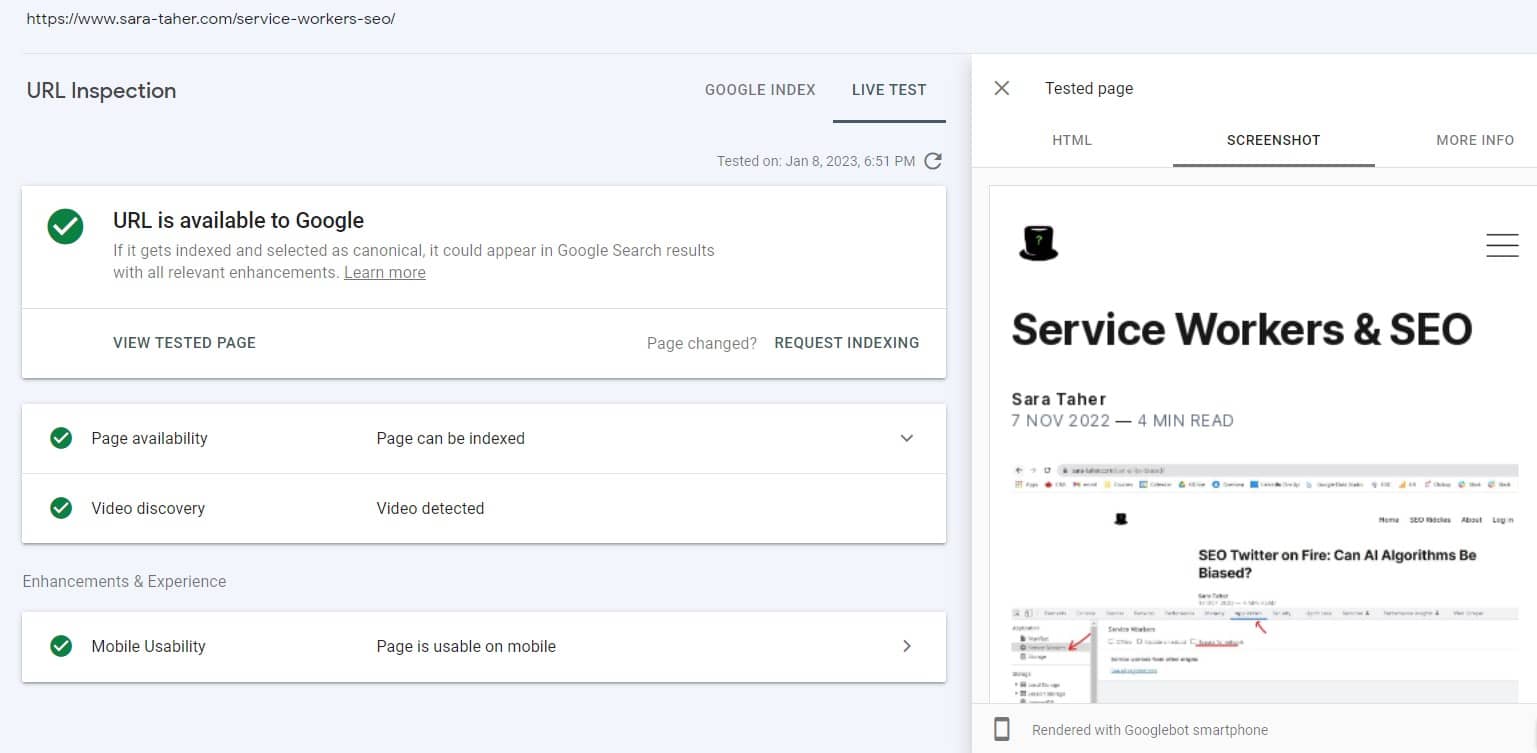 Understanding the Inefficiencies of SEO Audits and Effective Solutions to Enhance Their Value
Understanding the Inefficiencies of SEO Audits and Effective Solutions to Enhance Their Value
SEO audits have been criticized as a waste of time in recent discussions. However, this perception is more a result of how audits are conducted and presented rather than an inherent flaw in the process. In this article, we will explore the problems with SEO audits and provide effective solutions to enhance their value.
Before delving into the issues surrounding SEO audits, it is important to understand why they are necessary. An SEO audit helps professionals get up to speed and acts as a diagnosis for a website’s performance. It uncovers the biggest construction sites and growth opportunities, providing a clear understanding of the status quo. For example, a client who experienced a drop in traffic due to Google algorithm updates discovered through an audit that they had a severe technical issue resulting in a full duplicate of their domain. Without conducting an audit, these issues would have remained hidden, leading to wasted resources, money, and time. Therefore, an SEO audit is an essential step in building a solid foundation for effective SEO strategies.
One of the main problems with SEO audits is the delivery of a long list of issues without proper prioritization. This leads to distraction and cognitive overload, hindering progress. To solve this problem, auditors should condense their findings and prioritize them using frameworks such as the ICE framework or a matrix approach. By focusing on what truly matters and providing clear recommendations on what needs to be done first, the audit becomes more actionable and effective.
Another issue with SEO audits is the delivery of unclear, ambiguous, and lazy recommendations. Simply identifying issues or opportunities is not enough; auditors should provide a plan of action that is easy to follow. This includes additional insights and context for each recommendation, making it easier for the client or team to implement the changes. By providing clear and concise recommendations, auditors can ensure that their findings are translated into action.
Another problem is the use of technical jargon and the failure to communicate in a language that can be understood by all stakeholders. When reporting on the audit, it is important to adapt the language and tone to the audience. Avoiding excessive jargon and providing executive summaries can help stakeholders understand the main points quickly. Additionally, using headlines that trigger action or highlight opportunities instead of focusing on problems can create a more positive and actionable atmosphere.
Furthermore, SEO audits often focus too much on fixing issues rather than improving and building. While fixing technical issues is important, it is equally important to focus on improving and building upon existing content. By identifying low-hanging fruits and improving existing content, auditors can achieve growth more effectively. This approach increases the relative amount of high-quality content on the website, which is crucial for SEO success.
Another challenge with SEO audits is that they are often seen as a solution in themselves. However, an audit is just the first step; execution and implementation are what truly matter. Auditors should communicate this clearly and outline what needs to be done after the audit is conducted. This includes engaging in long-term client relationships, developing editorial guidelines that incorporate SEO aspects, conducting technical testing before implementing recommendations, and raising awareness about SEO within the company or client organization.
Finally, it is important to find out why there were issues in the first place and develop frameworks to avoid them in the future. By understanding the root causes of problems, auditors can provide long-term solutions that prevent similar issues from recurring. This requires ongoing collaboration and communication with clients or team members.
In conclusion, while SEO audits have been criticized as a waste of time, this perception can be overcome by addressing the inefficiencies in the process. By condensing audits, providing clear recommendations, adapting the language to the audience, focusing on improvement and building, communicating the purpose of the audit, and finding solutions to recurring issues, auditors can deliver more valuable and actionable audits. SEO audits, when done right, are an essential tool for driving organic growth and improving website performance.
